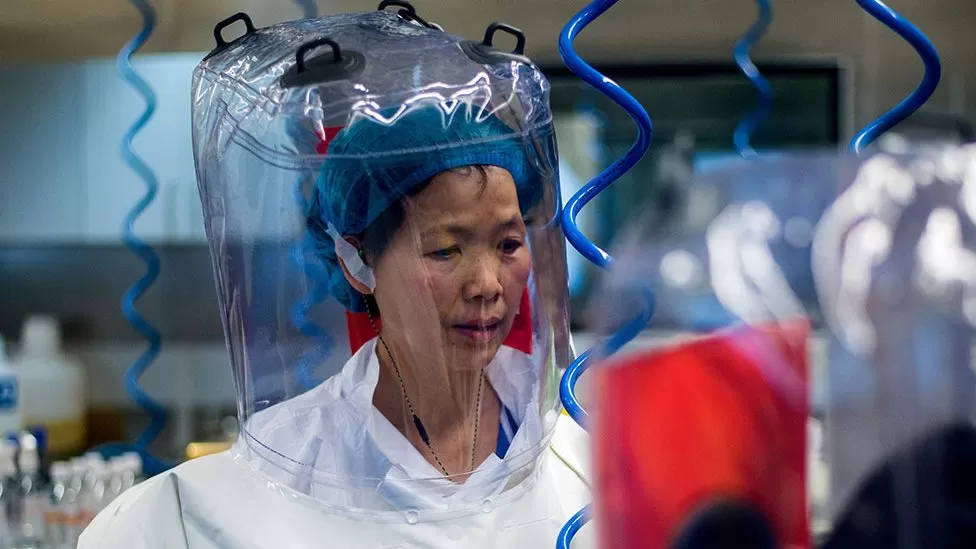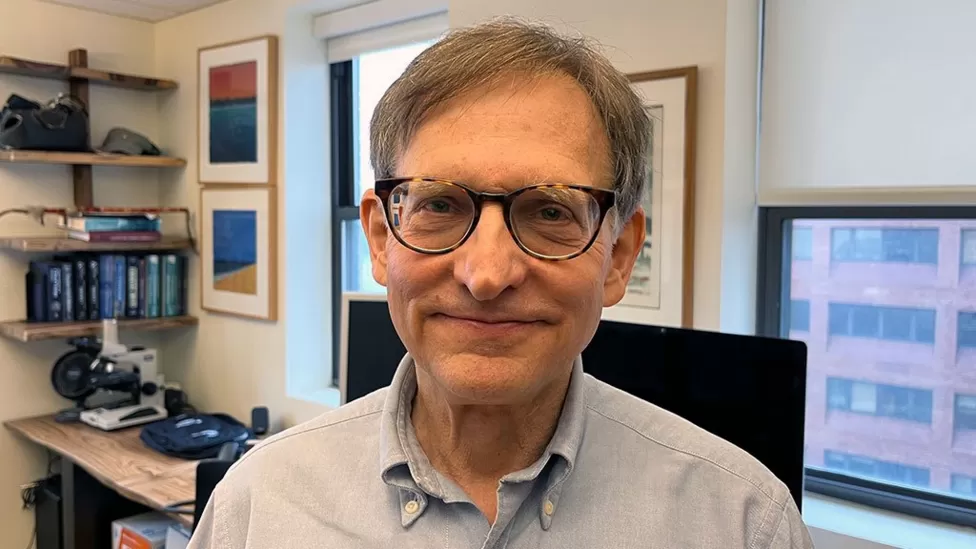Former Top Chinese Government Scientist Warns Against Dismissing Lab Leak Possibility for COVID-19 Origins
Prof George Gao, formerly heading China’s Centre for Disease Control (CDC) and playing a crucial role in pandemic response and origin tracing, has expressed caution regarding ruling out the potential of a laboratory leak for the COVID-19 virus in an interview with BBC News. While the Chinese government denies any notion of the disease originating from a Wuhan laboratory, Prof Gao adopts a less definitive stance. In “Fever: The Hunt for Covid’s Origin,” Prof Gao emphasizes the importance of scientific inquiry, stating, “You can always suspect anything. That’s science. Don’t rule out anything.”

Having retired from the CDC and currently serving as vice president of the National Natural Science Foundation of China, Prof Gao’s remarks suggest a potentially differing perspective within the Chinese government, indicating that some form of a formal investigation into the Wuhan Institute of Virology (WIV) took place. He mentions that the government organized the study, although his own department, the China CDC, was not involved. When asked for clarification, Prof Gao confirms that field experts thoroughly examined the WIV, implying additional scrutiny beyond official statements. According to Prof Gao, the investigation reportedly concluded that the WIV adhered to all protocols and found no evidence of wrongdoing.
The origins of the COVID-19 virus remain a contentious topic, primarily revolving around two possibilities: natural transmission from bats to humans, potentially via intermediary animals, as supported by many scientists, or a laboratory-associated incident involving research on understanding virus threats from wildlife, which some scientists argue cannot be definitively ruled out. These alternatives have become the center of a geopolitical standoff, generating conspiracy theories and intensifying our time’s highly politicized and contentious scientific discourse.
The podcast provides insights into this complex yet crucial question through interviews with leading scientists from various viewpoints. It also features on-the-ground reporting, encompassing Wuhan’s streets and a high-security laboratory in the United States. Prof Wang Linfa, a Singapore-based scientist and honorary professor at the WIV, recounts his visit in January 2020 and mentions that a colleague at the institute had expressed concerns about a possible slab leak. However, no evidence of the COVID-causing virus or any closely related virus was found after examining the samples. Prof Wang, among others, believes that the preponderance of evidence supports the hypothesis of zoonotic transmission in the Wuhan market.
The assertion that a lab leak was a conspiracy theory gained traction, bolstered by a widely read and controversial scientific paper titled “The Proximal Origin of Sars-Cov-2,” authored by prominent scientists. Prof Ian Lipkin, an epidemiology professor at Columbia University and one of the paper’s authors, now admits to doubts about the strength of their earlier conclusion, acknowledging that a lab-based scenario cannot be entirely excluded. While he maintains that zoonotic transmission via the market remains the most plausible explanation, he suggests exploring another nearby Wuhan laboratory associated with collecting bat samples—a potential infection risk due to insufficient protective measures.

Prof Gao’s remarks, seemingly contradictory to China’s official position, may indicate some common ground. While the Chinese government propagates an unsupported theory that the virus entered the country through frozen food packaging, Prof Gao’s perspective aligns more closely with a scientific inquiry by refraining from ruling out either the lab or the market as potential sources, based on the lack of conclusive evidence.

